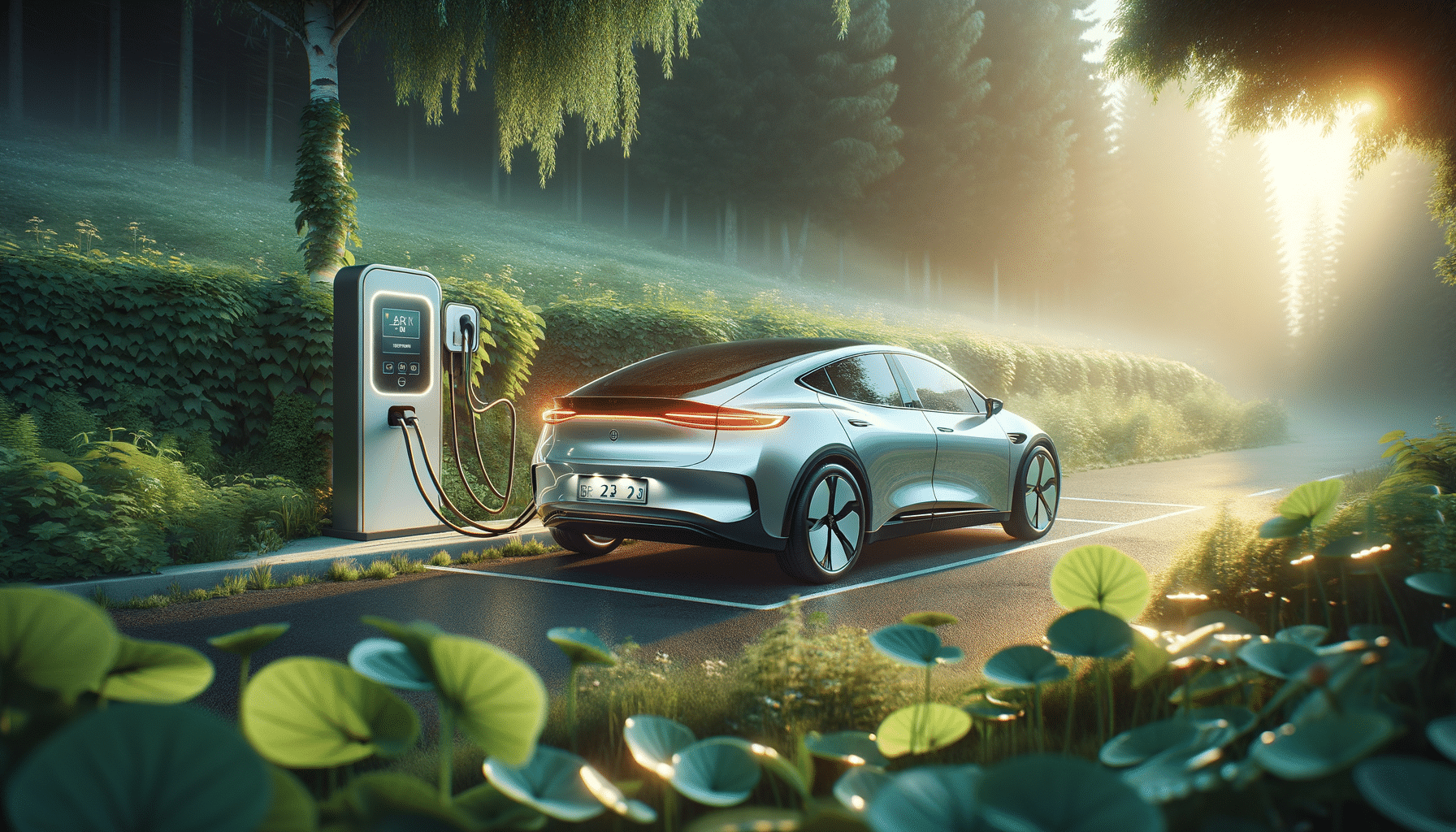
Electric Cars: Smarter, Cleaner, and Ready for Tomorrow
The Rise of Electric Vehicles: A New Era in Transportation
The automotive industry is witnessing a transformative shift with the increasing adoption of electric vehicles (EVs). This change is driven by numerous factors, including environmental concerns, technological advancements, and economic incentives. The transition towards electric cars is not just a trend but a necessary step towards sustainable transportation.
Electric vehicles have emerged as a viable alternative to traditional internal combustion engine vehicles. They offer several advantages, such as reduced greenhouse gas emissions, lower operating costs, and a quieter driving experience. As countries strive to meet international climate agreements, EVs play a crucial role in reducing the carbon footprint of personal and public transportation.
Governments worldwide are implementing policies to encourage the use of electric vehicles. These include tax incentives, subsidies, and the development of charging infrastructure. Such efforts are pivotal in making electric cars accessible and appealing to a broader audience, paving the way for a cleaner and smarter future.
Technological Innovations: Driving Efficiency and Performance
One of the key factors propelling the growth of electric vehicles is the rapid advancement in technology. Innovations in battery technology, electric motors, and energy management systems have significantly improved the efficiency and performance of EVs.
Modern electric cars are equipped with advanced lithium-ion batteries that offer higher energy densities and longer lifespans. This results in extended driving ranges, making EVs more practical for everyday use. Furthermore, advancements in fast-charging technology allow drivers to recharge their vehicles in a fraction of the time previously required.
Electric vehicles also benefit from regenerative braking systems, which convert kinetic energy into electrical energy, enhancing overall efficiency. The integration of smart technologies, such as autonomous driving features and connectivity solutions, further elevates the driving experience, making electric cars not only eco-friendly but also highly sophisticated.
Economic Benefits: Cost-Effective and Sustainable
Electric vehicles offer significant economic advantages over traditional gasoline-powered cars. While the initial purchase price of an EV may be higher, the long-term savings on fuel and maintenance costs can outweigh this initial investment.
Electric cars have fewer moving parts compared to internal combustion engine vehicles, resulting in lower maintenance requirements. There is no need for oil changes, exhaust system repairs, or emission checks. This translates to reduced overall maintenance costs, saving drivers money over the vehicle’s lifespan.
Moreover, the cost of electricity for charging an electric vehicle is generally lower than the cost of gasoline, leading to further savings. As renewable energy sources become more prevalent, the environmental benefits of electric cars will continue to grow, aligning economic savings with sustainability goals.
Charging Infrastructure: A Growing Network
The development of a robust charging infrastructure is essential for the widespread adoption of electric vehicles. As the number of EVs on the road increases, so does the demand for accessible and convenient charging stations.
Governments and private companies are investing heavily in expanding the charging network. Public charging stations are being installed in urban areas, along highways, and in residential communities, providing drivers with numerous options for recharging their vehicles.
Innovations in charging technology are also making it easier for drivers to power up their cars. Wireless charging and ultra-fast charging solutions are being developed to enhance convenience and reduce charging times. These advancements are crucial in addressing range anxiety and making electric vehicles a practical choice for long-distance travel.
The Future of Electric Vehicles: Challenges and Opportunities
While the future of electric vehicles is promising, several challenges must be addressed to ensure their continued growth and success. These include improving battery technology, expanding charging infrastructure, and reducing the environmental impact of battery production and disposal.
Research and development efforts are focused on creating more efficient and sustainable battery solutions. Solid-state batteries, for example, are being explored for their potential to offer higher energy densities and faster charging times.
Despite these challenges, the opportunities for electric vehicles are immense. As technology continues to evolve, electric cars will become more affordable, efficient, and integrated into smart city ecosystems. The shift towards electric mobility is not just a technological advancement but a step towards a sustainable and cleaner future for all.


